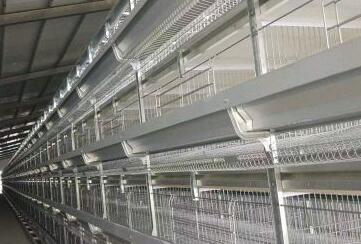Understanding Hexagonal Wire Mesh Sizes
Hexagonal wire mesh, commonly used in various applications such as construction, agriculture, and fencing, is characterized by its unique hexagonal pattern. This type of mesh is made of wire, typically coated with materials like PVC or galvanized for added durability. Different sizes of hexagonal wire mesh are available to meet the diverse needs of various industries.
Size Variations and Applications
The size of hexagonal wire mesh is defined by the diameter of the wire used as well as the dimensions of the hexagonal openings. The most common wire diameters range from 0.5 mm to 3 mm, while the opening sizes can vary from 10 mm to 50 mm. Smaller openings are ideal for finer applications, such as poultry enclosures or garden fencing, where small animals might pose a problem. In contrast, larger openings are often utilized in projects that require sturdier structures, such as erosion control and sand traps.
Factors to Consider When Choosing Mesh Size
When selecting the appropriate size of hexagonal wire mesh, several factors should be taken into account
hexagonal wire mesh sizes

1. Purpose of Use The intended application is crucial. For instance, if you need to contain small animals, a mesh with smaller openings will be necessary. Conversely, for landscaping projects where larger debris needs to be contained, a mesh with larger openings might suffice.
2. Material Quality The quality of the wire itself affects not only the durability of the mesh but also its suitability for different environmental conditions. Galvanized wire is resistant to rust, making it ideal for outdoor applications, while PVC-coated wire offers additional protection against wear and tear.
3. Installation Site The conditions of the installation site can influence mesh performance. For areas prone to heavy winds or storms, choosing a mesh with a thicker wire diameter may provide better resistance to physical stress.
4. Regulatory Standards In some cases, there may be specific regulations concerning the type and size of wire mesh that can be used in certain projects, particularly in construction or agricultural settings. Ensuring compliance with these standards is essential.
Conclusion
In summary, understanding the different sizes of hexagonal wire mesh is essential for making informed decisions in its application. Whether you're using it for fencing, gardening, or construction, considering the specific needs of your project will ensure that you select the right size and material. The versatility and durability of hexagonal wire mesh make it a valuable asset in various sectors, thus emphasizing the importance of informed selection in achieving optimal results.

















